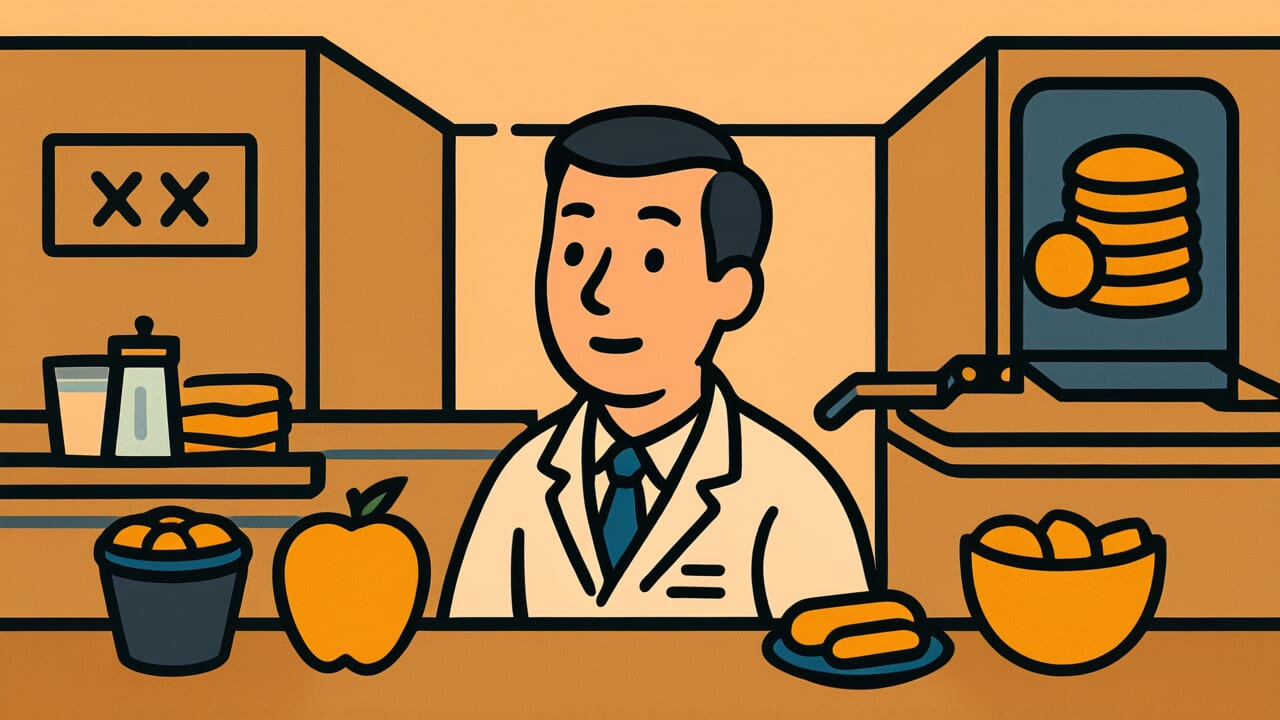How to Read “Those without food do not choose their work”
Shoku naki mono wa shoku wo erabazu
Meaning of “Those without food do not choose their work”
This proverb means that people in financial hardship should not be picky about work. When someone lacks even food to eat, they have lost their means of living.
Such people should take whatever work is available rather than holding out for ideal conditions. The proverb teaches that survival comes before preferences.
This saying is used when unemployed or financially struggling people are being too selective about jobs. They might be passing up opportunities while waiting for better conditions.
The proverb offers practical advice: stabilize your life with available work first, rather than waiting endlessly for the perfect job.
Modern society often emphasizes career fulfillment and self-realization. However, this proverb reminds us of the most basic necessity: survival.
While pursuing ideals matters, securing your foundation is most important when your livelihood is threatened. This is harsh but warm wisdom from reality.
Origin and Etymology
No clear written records document the origin of this proverb. However, the structure of the phrase offers interesting insights.
First, notice the expression “those without food.” Here, “food” means more than just something to eat. It represents one’s livelihood, income, and means of survival.
Throughout Japanese history, the word “food” has been a vital concept representing life itself. Expressions like “food allowance” and “losing one’s meal ticket” show how eating connected directly to living.
The second half says “do not choose their work.” The word for “work” (shoku) sounds identical to “food” (shoku) in Japanese. This similarity is likely intentional, not coincidental.
The wordplay expresses the inseparable relationship between “food” for living and “work” for obtaining that food.
This proverb likely emerged from harsh living conditions. Before the Edo period, Japan frequently experienced famines and disasters. Many people struggled to survive.
In such times, people had no luxury of being selective about work. This saying spread through word of mouth as wisdom from those who survived these harsh realities.
Usage Examples
- Your savings are gone, so “those without food do not choose their work”—you have no choice but to take whatever job is in front of you
- He keeps searching for his ideal workplace, but if he must support his family, he should consider the saying “those without food do not choose their work”
Universal Wisdom
This proverb has been passed down because it addresses a universal human conflict. People struggle between survival instinct and personal dignity.
Everyone wants suitable work, meaningful work, and a respected profession. This is a natural desire connected to human dignity.
Yet humans also face an absolute constraint: we cannot live without eating. When these two demands clash, which should we prioritize?
This proverb gives a clear answer. When survival is threatened, choose staying alive over ideals and appearances.
This might sound like cold realism. But actually, it reflects deep understanding of human nature. As long as you stay alive, another chance will come.
Better to set aside your ideals temporarily and survive than to starve while protecting your pride. If you survive, you can eventually walk your own path again.
Our ancestors knew this truth. Life is not always smooth sailing. Sometimes you hit rock bottom.
What you need then is flexibility and courage to accept reality. This proverb is both wisdom for survival and gentle encouragement for those who have stumbled.
When AI Hears This
Research shows that the human brain’s prefrontal cortex activity drops significantly during starvation. The prefrontal cortex handles planning, comparing options, and making future-oriented judgments.
In other words, when you’re hungry, your literal ability to choose gets biologically reduced.
This reveals a seesaw relationship between decision-making freedom and physiological need satisfaction. In Maslow’s hierarchy, the less lower needs are met, the less capacity remains for higher needs.
What’s fascinating is that this isn’t just psychological—it’s about brain energy allocation. The brain consumes about 20 percent of the body’s total energy.
During starvation, it prioritizes functions directly tied to survival and reduces supply to advanced judgment functions.
Furthermore, much of what we experience as “free choice” is actually a luxury use of the brain, only possible when sufficient calories and nutrition are secured.
Telling a hungry person to “choose meaningful work” is like telling a car without fuel to “choose the scenic route.” A brain in survival mode cannot afford to compare options.
It’s programmed to grab the immediate, certain reward in front of it.
Lessons for Today
This proverb teaches modern people the importance of setting priorities in life.
Contemporary society emphasizes self-realization and career fulfillment. Compromise can feel like losing. However, what truly matters is the ability to identify what’s most important right now.
When your life foundation is shaky, pursuing only ideals is unrealistic.
This proverb teaches that temporary compromise is nothing to be ashamed of. Rather, adapting flexibly to circumstances is true strength.
Even if your current job differs from your ideal, it doesn’t diminish your value. It’s precious time for rebuilding your life and creating a foundation for your next step.
What matters is not looking away from present reality but having courage to start with what you can do. Even small steps move you forward steadily.
When you regain stability, you’ll once again have the freedom to choose your path. Don’t rush. Give your full effort to what you can do now.



Comments